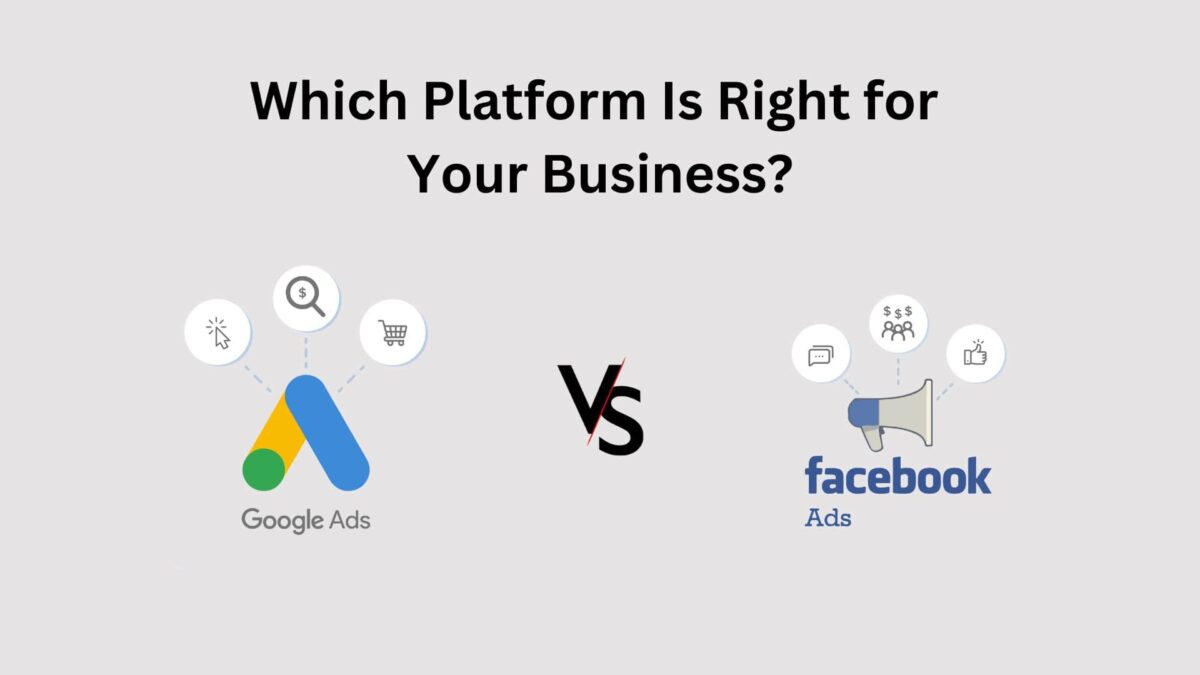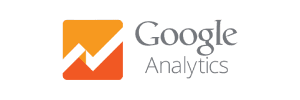Google Ads and Facebook Ads are two of the most popular and effective forms of online advertising. Both platforms offer unique benefits, but which one is right for your business? In this article, we will explore the pros and cons of Google Ads and Facebook Ads to help you make an informed decision.
Pros of Google Ads
- High Intent Targeting – Google Ads allows you to target people who are actively searching for keywords related to your business. This means that the people who see your ads are more likely to be interested in your products or services.
- Large Audience – Google is the world’s most popular search engine, with billions of searches conducted every day. This means that your ads have the potential to reach a massive audience.
- Measurable Results – Google Ads provides detailed analytics that allow you to track the performance of your campaigns. You can see how many people clicked on your ads, how many converted into customers, and how much you spent on each click.
- Customizable Budgets – You can set your own daily budget for Google Ads, allowing you to control your spending and avoid overspending.
Cons of Google Ads
- Cost – Google Ads can be expensive, especially if you are targeting highly competitive keywords. The cost per click can quickly add up, and you may end up spending more than you anticipated.
- Complex Platform – Google Ads can be complex and overwhelming for beginners. It requires a significant amount of time and effort to create effective campaigns and optimize them for maximum results.
- Limited Ad Formats – Google Ads offers limited ad formats, which may not be suitable for all types of businesses. For example, if you are trying to promote a product with visual appeal, you may find that Google Ads is not the best platform for you.
Pros of Facebook Ads
- Precise Targeting – Facebook Ads allows you to target people based on a wide range of criteria, including age, location, interests, and behaviors. This makes it easier to reach the right audience and increase your chances of converting them into customers.
- Engaging Ad Formats – Facebook Ads offers a variety of ad formats, including video ads, carousel ads, and sponsored posts. These ad formats are highly engaging and can help to capture the attention of your audience.
- Social Proof – Facebook Ads allows you to leverage social proof by displaying likes, comments, and shares on your ads. This can help to increase the credibility and trustworthiness of your brand.
- Cost-Effective – Facebook Ads can be more cost-effective than Google Ads, especially if you are targeting a niche audience. You can set your own budget and bid for ad placement, which can help to keep your costs under control.
Cons of Facebook Ads
- Limited Audience – Facebook has a smaller audience than Google, which means that your ads may not reach as many people.
- Low Intent Targeting – Unlike Google Ads, Facebook Ads targets people who may not be actively searching for your products or services. This means that you may need to work harder to convince them to convert.
- Ad Fatigue – Facebook users may become fatigued by seeing too many ads on their newsfeeds, which can make it harder for your ads to stand out.
Conclusion
Both Google Ads and Facebook Ads offer unique benefits and drawbacks. Ultimately, the best platform for your business will depend on your goals, budget, and target audience. If you are looking to reach people who are actively searching for your products or services, Google Ads may be the better option. If you are looking to target a specific demographic with engaging ad formats, Facebook Ads may be the way to go. Whichever platform you choose, it is important to create high-quality ads that resonate with your target audience and provide measurable results.







